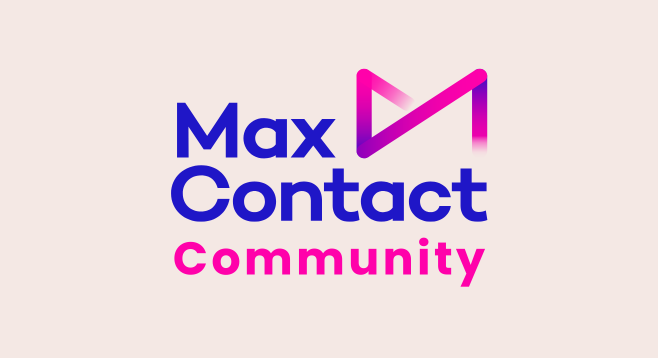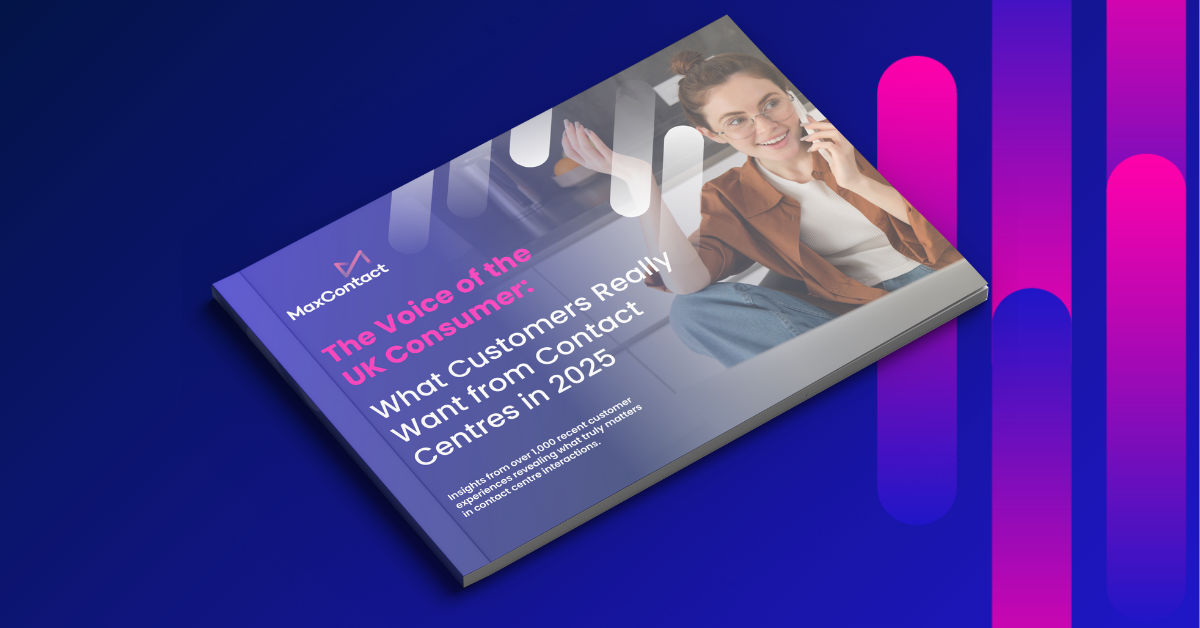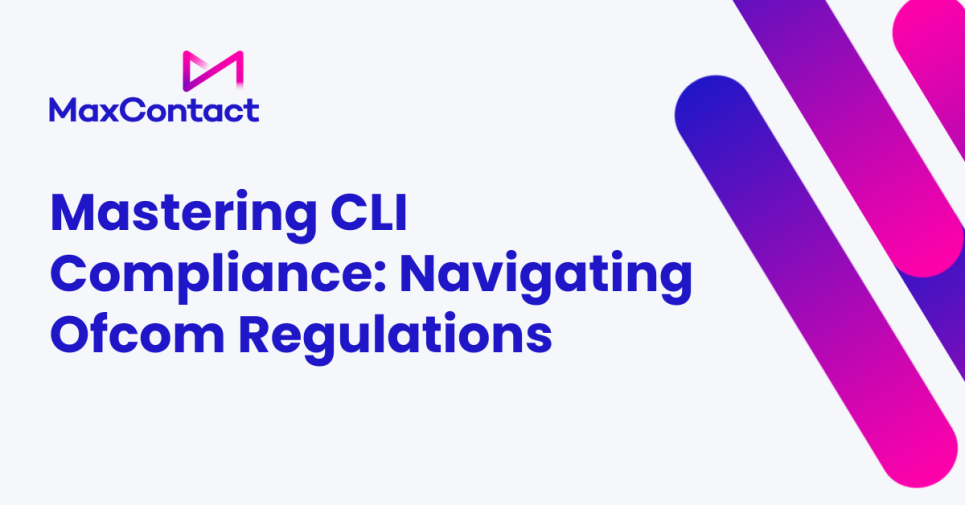Contents
As a contact centre leader, staying on top of regulatory changes is crucial to ensure compliance and a customer-centric approach. Ofcom, the UK’s communications regulator, has recently published its Plan of Work for 2024/25, outlining its priorities and projects for the coming year. While the plan covers a wide range of areas, including media and online safety, there are several key points that contact centre leaders should be aware of.
Term Dictionary
This blog uses key terms related to the contact centre industry, as defined by Ofcom guidance. You’ll see these terms throughout the text.
- ADR – Alternative Dispute Resolution: A process where a third party, such as an ombudsman, helps resolve disputes between consumers and companies.
- PSTN – Public Switched Telephone Network: The traditional landline telephone system.
- VoIP – Voice over Internet Protocol: A method for making voice calls using an internet connection instead of a traditional phone line.
Consumer protection monitoring and compliance
Ofcom will continue to focus on ensuring that consumer protection interventions and voluntary initiatives are properly implemented and have a positive impact on consumers. This includes considering new customer protections relating to mobile roaming, inadvertent roaming, complaints handling processes, and any new rules relating to inflation-linked in-contract price rises.
For contact centres, this means a continued emphasis on delivering high-quality customer service and support. Ensuring that your teams are well-trained on handling complaints, providing clear information about services and pricing, and assisting customers who may be facing issues with roaming or unexpected charges will be crucial.
Supporting vulnerable customers
Ofcom will continue to monitor whether providers are treating customers in vulnerable circumstances fairly and giving them the support and services they need. They will work with the UK Regulators Network to improve outcomes for vulnerable consumers.
Contact centres play a vital role in identifying and supporting vulnerable customers. It’s essential to provide training to your teams on recognising signs of vulnerability, handling sensitive conversations with empathy, and offering appropriate support and solutions. Regularly reviewing and updating your vulnerability policies and procedures will help ensure you’re meeting Ofcom’s expectations and providing the best possible service to vulnerable customers.

Tackling nuisance calls and scams
Ofcom will work closely with industry, government, and other regulators to make scams harder to perpetrate. They will help consumers avoid scams by raising awareness and improving information, focusing on addressing voice scams while also exploring options to further disrupt the sending of scam messages.
As a contact centre leader, it’s important to be vigilant about potential scams and to have robust processes in place to protect your customers. This may include implementing stringent security measures, providing regular training to your teams on identifying and reporting suspicious activity, and working closely with Ofcom and other relevant authorities to share information and best practices.
Migration from legacy services
Ofcom will work with communication providers and the government to ensure issues raised by the migration to voice-over-IP services (VoIP), including the ongoing switch-off of the public switched telephone network (PSTN), are identified and addressed to protect consumers from harm and minimise disruption.
Contact centres must be prepared for the transition away from legacy systems and ensure that their technology and processes are up to date. This may involve investing in new infrastructure, updating training materials and scripts, and communicating proactively with customers about any changes that may affect them. Working closely with your technology providers and staying informed about Ofcom’s guidance on the migration process will be key to a smooth transition.
Alternative Dispute Resolution (ADR) review
Ofcom currently approves two Alternative Dispute Resolution (ADR) schemes and has commenced a review to assess whether consumers are receiving accessible, fair, and consistent outcomes from the available ADR schemes in the telecoms sector.
Contact centres should be familiar with the ADR schemes available and have processes to escalate complaints to ADR when necessary. Keeping abreast of any changes to the ADR landscape resulting from Ofcom’s review will be important to ensure you’re providing the best possible support to customers who may need to pursue ADR.

Key Takeaways
- Focus on delivering high-quality customer service and support, with well-trained teams capable of handling complaints, providing clear information, and assisting customers with issues such as roaming or unexpected charges.
- Provide training to teams on identifying and supporting vulnerable customers, regularly reviewing and updating vulnerability policies and procedures.
- Implement robust security measures and collaborate with authorities to protect customers from nuisance calls and scams.
- Prepare for the transition from legacy services to VoIP, investing in new infrastructure, updating training materials and scripts, and communicating proactively with customers.
- Stay informed about developments in the ADR landscape to ensure customers receive the best possible support when escalating complaints.
Navigating the evolving regulatory landscape
In conclusion, while Ofcom’s Plan of Work 2024/25 covers a broad range of areas, there are several key points that contact centre leaders should focus on. By prioritising consumer protection, supporting vulnerable customers, tackling scams, preparing for the migration from legacy services, and staying informed about ADR developments, contact centres can ensure they remain compliant with Ofcom’s regulations and continue to deliver excellent customer service.
Staying proactive, adaptable, and customer-focused will be essential as the regulatory landscape continues to evolve. By keeping these priorities in mind and working closely with industry partners and regulators, contact centre leaders can navigate the challenges ahead and seize opportunities to enhance their operations and better serve their customers.
Uncertain about Ofcom regulations? MaxContact can help. Get in touch with our team for expert guidance to ensure your contact centre has compliance peace of mind.





